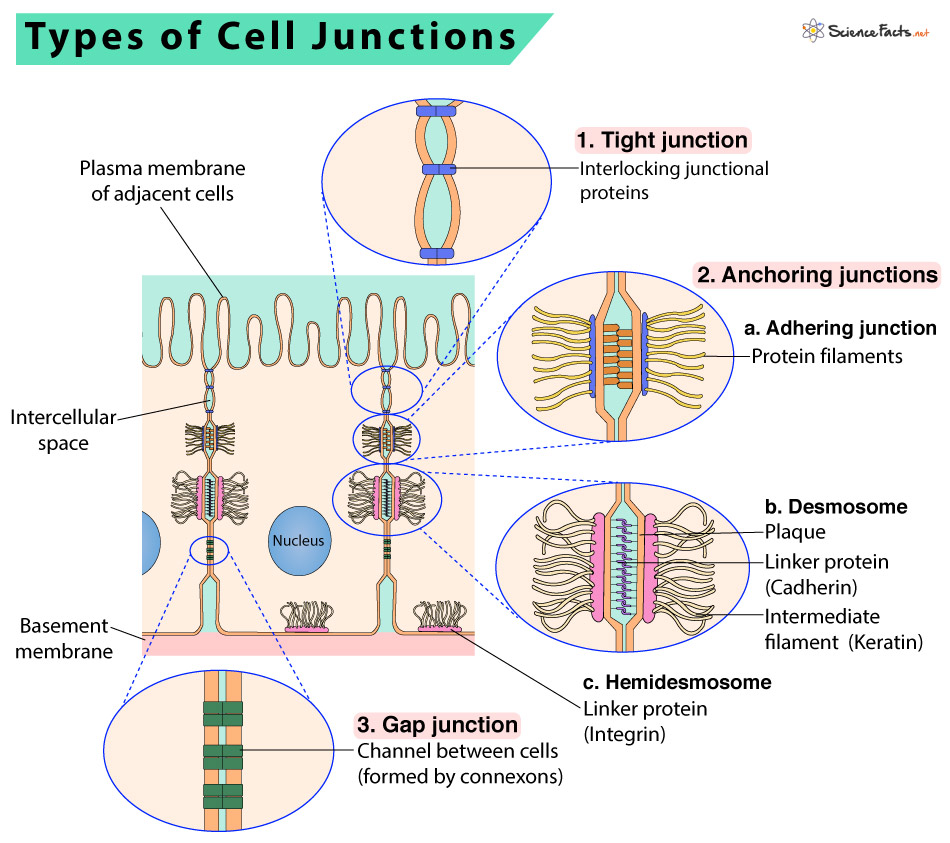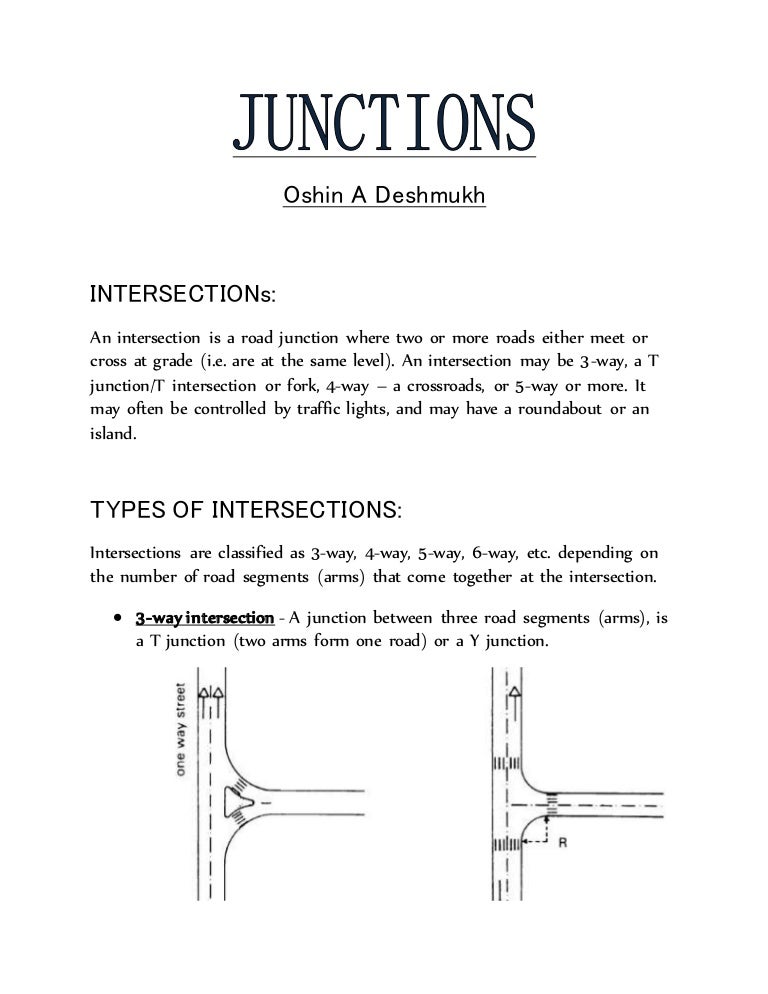Junction & Juncture: What's The Key Difference? Find Out!
Ever found yourself at a crossroads, both literally and figuratively, pondering the subtle nuances of language? The words "junction" and "juncture," while often used interchangeably, possess distinct meanings that can significantly alter the context of a sentence. Let's unravel the intricacies of these terms and explore their diverse applications.
At its core, a junction signifies a physical meeting point. It's where two roads converge, a railway line splits, or a river forks. Think of the bustling junction of Times Square in New York City, a concrete embodiment of connection and convergence. Conversely, juncture transcends the physical realm, venturing into the abstract domain of time and circumstance. It denotes a critical moment, a turning point shaped by a confluence of events. The "juncture" of a political crisis, for example, marks a period of heightened tension and potential transformation.
| Term | Definition | Part of Speech | Example |
|---|---|---|---|
| Junction | A place where two things join or meet. The act of joining or meeting. | Noun | The junction of the two rivers created a fertile delta. The construction of the railway junction improved transportation. |
| Juncture | A point in time, especially one made critical by a confluence of circumstances. | Noun | The economic juncture was a turning point for the country's future. At this juncture, a decision must be made. |
| Junction (Nautical) | The location wherein a stream with different channels deviate from its source or the main stream. | Noun | The map clearly marked the junction where the river split into several smaller channels. |
Reference: Merriam-Webster Dictionary
🆚What is the difference between "junction" and "juncture" ? "junction

Cell Junctions Definition, Types, and Functions

Road Junctions and Intersections